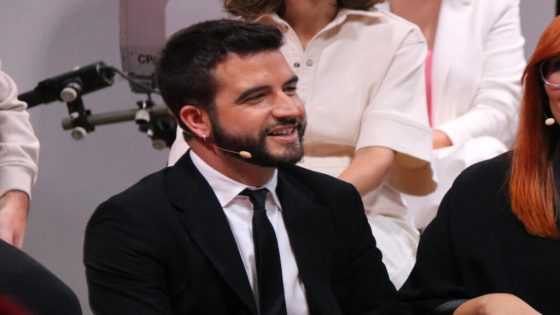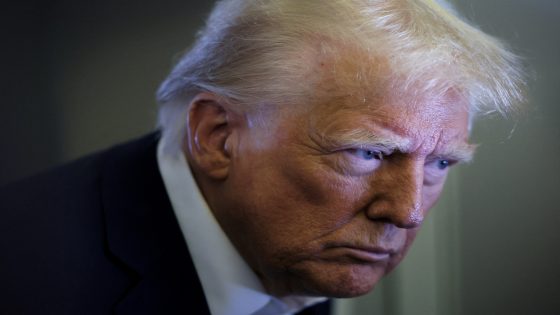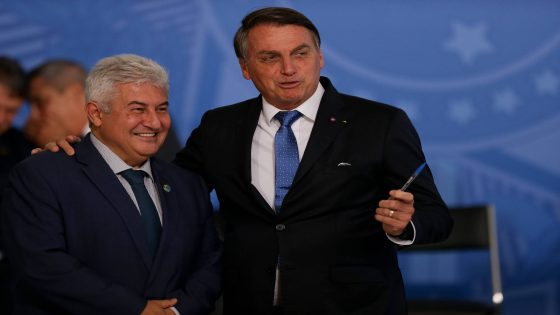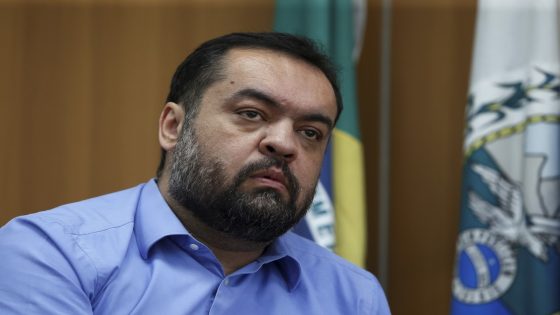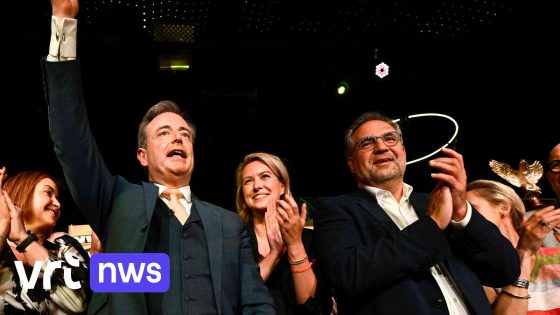Ricard Ustrell’s recent comments on Catalunya Ràdio about Mònica Terribas have sparked significant controversy. On February 6, 2025, Òmnium Cultural’s president, Xavier Antich, confirmed that he sent a protest letter to the radio’s director, Jordi Borda, demanding action to address the “reputational damage” caused by Ustrell’s remarks.
- Ricard Ustrell's comments spark controversy.
- Òmnium Cultural protests to Catalunya Ràdio.
- Xavier Antich sends letter to Jordi Borda.
- Mònica Terribas criticized for self-labeling.
- Terribas previously hosted 'El Matí' show.
- Maiol Roger references Terribas's interview.
Ustrell’s Comments on Catalunya Ràdio Spark Controversy in Spain
What happens when a journalist’s words ignite a public outcry? Ustrell’s comments during his show have raised eyebrows and prompted a backlash. His remarks about Terribas, a respected journalist and former host of the same program, have led to a formal complaint from Òmnium Cultural, emphasizing the sensitive nature of media discourse in Spain.
Implications of Ustrell’s Remarks for Catalan Media
The fallout from Ustrell’s comments is significant. It underscores the ongoing tensions within Catalan media and the challenges journalists face when discussing political identities. This incident raises questions about freedom of speech versus responsible journalism.
Understanding the Context of the Controversy
Ustrell’s comments referenced an interview where Terribas expressed frustration over being labeled as a journalist. His response suggested that she might be responsible for her own branding. This has led to a heated debate about identity in journalism.
- Ustrell criticized Terribas’s self-identification.
- Òmnium Cultural demands accountability from Catalunya Ràdio.
- The incident reflects broader issues in media representation.
- Terribas’s past role adds complexity to the discussion.
Reactions from the Public and Media Professionals
The public reaction has been mixed, with some supporting Ustrell’s right to express his opinions, while others believe he crossed a line. Media professionals are now debating the ethics of such remarks and their impact on public trust in journalism.
In conclusion, the controversy surrounding Ustrell’s comments serves as a reminder of the power of words in media and the potential consequences they carry. As discussions continue, the implications for Catalan journalism remain significant.



